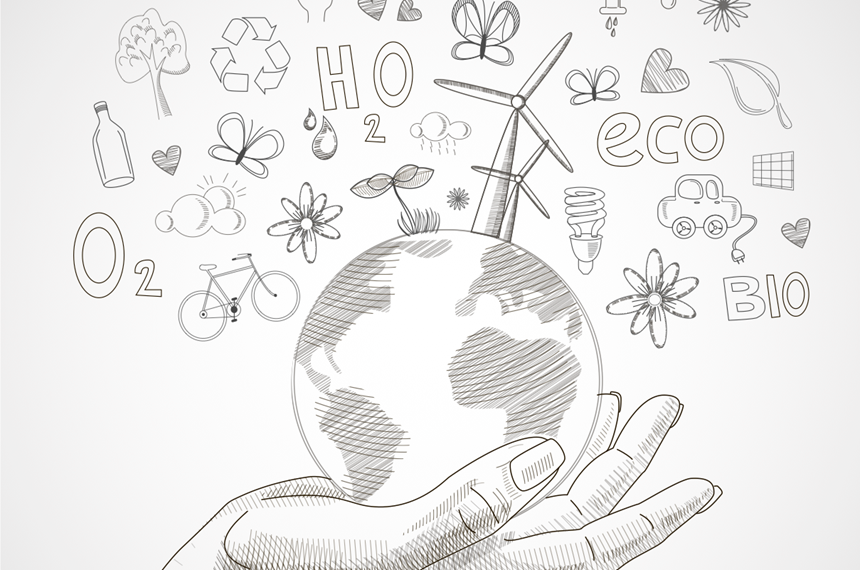
Current state of play of CSR at the EU level
The Learning Activity designed by ABIS is planned for the September of 2017 in order to align the training activity with the foreseen new referential policy document of the EU Commission on CSR.
The core activity of ABIS Learning Activity is the mainstreaming of CSR and sustainability issues into business education. Being one of the biggest European business-academic hubs, ABIS represents for the EU Commission one of the main stakeholders on CSR consultation, especially regarding the insights resulting from the academic-business cooperation.
As member of the Hi4CSR consortium, ABIS's Learning Activity aims to connect the project participants with the latest indication and referential policy documents on CSR.
The discussion in Europe across CSR is twofold:
(1) ensuring sustainable economic growth and
(2) mitigating social and environmental impact of businesses.
Educational materials regarding this topic can be found here and here.
European Commission monitoring framework for the circular economy
30.03.2018.
The EU’s Circular Economy Package (CEP) has taken another step closer to fruition after the European Commission finalised its proposal for a Circular Economy Monitoring Framework to track the EU’s progress against the ambitions and objectives stated in the CEP.
In a meeting in Brussels on 8 March, the monitoring group of the European Economic and Social Committee discussed the draft Circular Economy Monitoring Framework...
World Cleanup Day 2018
20.03.2018.
On September 15 2018, World Cleanup Day, people in 150 countries will stand up against the global trash problem and clean up waste, making it the biggest positive civic action the world has seen. The initiator of World Cleanup Day is the Let’s Do It Foundation, a global civic movement with a mission to connect and empower people and organisations around the world for a clean planet. Already 17 million people have joined...
New EU corporate tax plan
20.03.2018.
The recent scandal following the discovery of Paradise Papers in November of 2017 showed that there are still a lot of grey areas surrounding corporate taxation in Europe. With Paradise Papers recent money laundering scandals in Denmark, Estonia and Latvia, and a series of tax scandals that have hit Europe in recent years, one thing is obvious: there is growing need for better corporate tax regulation in Europe.
Italy becomes smart!
13.03.2018.
In Italy, the sustainable objective seems to be closer, in fact, many actions are being implemented in order to improve the quality of life, environmental conditions and create a circular economy.
Among the most important is the Italian Smart City platform, promoted and implemented by ANCI (National Association of Italian Municipalities). This operational tool has the task of collecting and cataloging project interventions on smart cities throughout the country...
EU plan towards Circular Economy: the first-ever Europe-wide strategy on plastic
12.03.2018.
Every year, Europeans generate 25 million tonnes of plastic waste, but less than 30% is collected for recycling. Across the world, plastics make up 85% of beach litter. And plastics are even reaching citizens' lungs and dinner tables, with microplastics in air, water and food having an unknown impact on their health. Building on the Commission's past work, the new EU-wide strategy on plastics will tackle the issue head on.
more...Elections 2018 in Italy: some reflections
12.03.2018.
In March Italian citizens were called to elect their Parliament and the results, which were just confirmed by the Ministry of Interior, are in my opinion quite worrying. The official results, which are shown in the picture below, indicate that in the proportional system, the center-right coalition won with 37% of the votes, followed by the M5S with 32.68%, the center-left coalition with 22.85%, the party Liberi e Uguali with 3.39%, while the smaller parties, Potere al Popolo and Casapound Italia have won 1.13% and 0.95% of the votes respectively.
Circular economy: the end of landfilling in the EU?
11.03.2018.
In circular economy, materials are constantly being recovered, reused and recycled but also, more importantly, the generation of waste is minimised. Waste prevention must be regarded as the highest priority, according to the Waste Framework Directive; it should be the most important step in waste management hierarchy and a key factor in efficient and sustainable management of natural resources.
That also means that less waste would be sent to landfills...
Helping Others Helps Your Company Too
06.02.2018.
How can a company introduce corporate volunteering? And how can one improve and extend corporate volunteering programmes in companies where they already exist? We at the Pontis Foundation used to spend a lot of time trying to figure out the answer to this question. Our main source of inspiration came from New York more than ten years ago, when our manager Lenka Surotchak attended a large volunteering event called New York Cares.
more...Women and Successful Business Go Well Together
09.01.2018.
Women represent approximately one half of the World‘s population but it will take more than 80 years until gender equality is achieved globally in the fields of education, health care, economy and politics. There are, however, no ‘buts’ in gender equality as such. From the economic and social view point, we are talking about the benefits that are not limited exclusively to one gender. It is human potential – skills and productivity – that is deemed to be the most important factor defining the competitiveness of the country.
more...Companies with top CSR reputation in 2017
02.01.2018.
CSR strategies are becoming more and more relevant for overall reputation of a company. There is no doubt that successful CSR implementation builds a strong benefit for the image and thus the excellence and prosperity of a company. Forbes Magazine has published a list of global companies leading in their CSR reputation in 2017. The study tracked social responsibility reputation based on the analysis of 170,000 company ratings from respondents in 15 countries
more...CSR news and magazine
12.12.2017.
CSR NEWS is a worldwide internet platform for Corporate Social Responsibility (CSR). It is owned by the non-profit-making Corporate Responsibility Foundation and is neutral and independent. Created for CSR experts, CSR practitioners and everyone interested, it offers a wealth of information on corporate social responsibility: background and practice orientation, quick overview and expertise, dialogue and participation.
more...CSR Europe - a growing network
09.11.2017.
Important part of harmonization of EU CSR directives and cooperation between different CSR initiatives is staying informed about latest CSR news in the field. At European level there is a variety of actors involved in implementation and development of CSR culture, including government, academia and civil sector. Good example of reporting, connecting and knowledge sharing can be found on the CSR Europe portal.
more...It’s still a man’s world in the FTSE 100
03.11.2017.
Is it a man’s world? Absolutely, especially in the business world. Women hold only 9.7% of executive positions in FTSE 100, that is, in 100 companies listed on the London Stock Exchange with the highest market capitalisation. The lack of diversity in executive positions leads to ‘Groupthink’. This unthreatening word has a lot of negative consequences.
more...European Union launches the Social Challenges Innovation Platform
20.10.2017.
In September the European Union launched the Social Challenges Innovation Platform, a platform aiming at creating a marketplace where actual social challenges can meet powerful and innovative solutions. It is a space where the work among different players make the European Social Ecosystem vibrant and collaborative and where the challenge is transformed into a new business opportunity.
The Platform supports committed Public Authorities, Private Companies, Third Sector Organisations...
What does CSR mean for your organisation? Putting theory into practice
10.09.2017.
Corporations have been under increasing pressure to strengthen society and reduce their environmental damage. Should organisations play an active role in this? We argue that yes, it is imperative that they do! Corporate Social Responsibility (CSR) plays a vital role in this. But what does it mean to be responsible?
CSR is defined as corporations taking responsibility of their societal impact. As a result, CSR should be embedded in an organisation’s strategy and actions.
CSR: a benefit for the economy
04.09.2017.
More and more, companies in Germany and across Europe are realizing that CSR is not a luxury, but a benefit for the business. Especially smaller, family-run companies often feel an obligation to contribute to sustainable economic practices. Many business owners feel that it is their responsibility to give back to and to make a positive impact on society, their staff and the environment. They see corporate responsibility as a normative, moral obligation.
more...Commission’s new guidelines to enhance business transparency on social and environmental matters
11.08.2017.
In June 2017, the European Commission adopted a new set of guidelines on the disclosure of environmental and social information. These guidelines will help companies to disclose relevant non-financial information in a consistent and more comparable manner. The aim is to boost corporate transparency and performance, as well as encourage companies to embrace a more sustainable approach.
more...Right to disconnect: work-life balance necessity or overregulation?
11.08.2017.
It’s been almost a year since France adopted the El Khomri Law, named after the then Minister of Labour Myriam El Khomri. It’s also been half a year since part of it went into effect on January 1st, and established a new human right in France – the right to disconnect.
more...Corporate Social Responsibility in Germany
01.08.2017.
There is one big hurdle for a continuous successful adoption of Corporate social responsibility (CSR) practices for Germany. For a significant period of time, in Germany, there is an ever increasing awareness of the importance of CSR for economy, society and sustainability. On March 10th 2017 the German Bundestag passed the law to strengthen companies’ non-financial disclosure in their management reports and group management reports, proclaiming a new phase of CSR in Germany.
more...Our addiction to plastic is creating an environmental crisis
28.07.2017.
A recent study in the journal Science Advances revealed that since the 1950’s, we have produced about 8300 million metric tons of plastic. Half of that was produced in the last 13 years alone. A million plastic bottles are bought around the world every minute and the number will jump another 20% by 2021. The largest market for plastics is packaging, an application whose growth is only accelerating due to a global shift from reusable to single-use containers, the study points out. Some campaigners predict this is creating an environmental crisis that will be as serious as climate change.
more...Taxes: a CSR issue often neglected
30.06.2017.
Paying taxes is never a popular topic. However, with some companies avoiding their fair share of taxes, the money needed to finance health systems, education and other crucial social subsystems, is not available. Taxes should therefore be seen as an issue of good corporate governance and responsible business practice.
more...A growth in grassroots upcycling social enterprises from a Birmingham perspective
07.06.2017.
There is a major surge at grassroots level currently in the UK, of social organisations who are reusing waste and discarded items and recreating completely new items which are then sold on to make a profit. The breadth of organisations in terms of size vary between sole traders to larger organisations with up to 10 employees.
more..."Life cycle approaches for sustainable regional development" 2017
12.05.2017.
The 6th International Summer School on Life cycle approaches for sustainable regional development with a theme Life cycle tool box for Regions will take place on 1st – 3rd September 2017 in Luxembourg. This Summer School is an opportunity for professionals and regional managers to learn more about how to extend traditional life cycle tools into new application areas in sustainable development.
more...New EU electronic certification system will improve food traceability
01.05.2017.
According to the EU law, traceability within the food chain is one of the common principles underlying food legislation, along with efficient controls, effective enforcement and responsibility of producers and suppliers. On April 19th 2017, a new system of electronic certification to better monitor imports of organic products was implemented on the EU level.
more...Sustainability Reporting can be fun!
27.04.2017.
Reporting on Corporate Social Responsibility is not only about leadership, people in the community and their lives or transparency. It is also about having fun!
more...How the ABIS member Solvay supports the UN Sustainable Development Goals
25.04.2017.
The ABIS member Solvay, as a signatory member of the UN Global Compact, is already implementing the UN Sustainable Development Goals (SDGs) in its daily business with its products and solutions. Solvay is committed to continue to advance those principles within its sphere of influence by incorporating the UN Global Compact and its principles within its strategy, culture and day-to-day operations.
more...The SDGs, corporate strategy and corporate reporting
28.03.2017.
Following the adoption of the Sustainable Development Goals (SDGs) by Governments in late 2015 a number of companies have been thinking about how to incorporate them into their integrated reports and strategies. The SDG Compass developed by the GRI, UNGC and WBCSD is full of (rather obvious) advice (“goal setting is critical to business success”, p5; “It is important to define the baseline for each goal”, p 18, etc).
more...Can ICT empower women?
23.03.2017.
Information and communications technologies (ICTs) have changed the world by enabling global connections, providing information at your fingertips, and becoming the way to conduct business. ICTs have also become a subject of discussion on how they influence social and economic development.
more...The Waste Framework Directive: Directive 2008/98/EC
19.03.2017.
Directive 2008/98/EC sets the basic concepts and definitions related to waste managament, such as definitions of waste, recycling, recovery. It explains when waste ceases to be waste and becomes a secondary raw material (so called end-of-waste criteria), and how to distinguish between waste and by-products.
more...Commission proposes new rules for consumer centred clean energy transition
16.03.2017.
On November 30th 2016, The European Commission released a package of measures to keep the European Union competitive as the clean energy transition is changing global energy markets.
European Parliament supports more ambitious waste management targets
16.03.2017.
As part of the EU efforts towards creating a circular economy, in 2017 the European Parliament debated and voted on the so called “waste package” proposed by the European Commission and aimed to manage waste more efficiently and effectively throughout the EU. The discussion was centered mainly on how ambitious targets for recycling and landfilling limits should be.
more...European Parliament adopts binding law on conflict minerals
16.03.2017.
On March 16th European Parliament adopted a new law obliging importers of minerals to ensure that their business does not contribute to armed conflicts in certain areas of the world.
more...CSR meets HR: Work life balance
02.03.2017.
»Nowadays, people are striving to create a balance between family and work responsibilities. Broad research suggests that people who are aware of the work-life balance are more satisfied with their lives and report better physical and mental health« (Haar et al., 2014: 362).
more...How to Implement CSR Reporting in Your Company? Part 1
02.03.2017.
There are plenty of topics. All that remains is choosing the ones that are the most important for the company stakeholders and the company itself. The report should describe what has happened during a so-called reporting period. It is defined as the time period for which the company describes its results – usually one calendar year.
more...Why Should Companies Be Interested in Circular Economy?
02.03.2017.
Circular economy represents a new alternative to a traditional linear economy based on “take-make-consume-dispose” patterns. The re-circulation of materials in economy helps keep resources in the production process as long as possible and use them to the maximum of their value. Producing with lesser impact on the environment and evaluating the impact of products during their entire life cycles already at their design stage are, however, only the first step.
more...The Reporting Method of GRI
02.03.2017.
The tool which is most commonly used to prepare reports on corporate responsibility are the Global Reporting Initiative Guidelines. These guidelines can be used to write the report by any company or organisation. Using them is free. As a supplement to these guidelines, there are several manuals specially prepared and published for individual types of business (e.g. the mining industry or banks).
more...Environmental Sustainability in a Green Architecture Outlook
08.02.2017.
In recent years, the world has witnessed a radical change in consumption and production of energy. This applies generally to all countries of the world, but especially to those who until now have always had to pay a high demand for energy. Europe, with its transition to clean energy, it is placed on an ambitious road, however many Member States have lost the index of environmental sustainability positions.
more...Dozens of Companies in Slovakia Are Required to Disclose Information about Their Corporate Responsibility
EU Directive on disclosure of non-financial and diversity information: What is it going to be like in Slovakia?
In 2015, the National Council of the Slovak Republic passed an amendment to Act No. 431 / 2002 on Accounting, as amended (hereinafter referred to as “the Act on Accounting”), which introduced a new obligation for companies to disclose information from the area of Corporate Social Responsibility and diversity policies in their annual report.
Firms could learn about CSR Reporting Methods at Slovak Compliance Days
Pontis Foundation strives to educate the Slovak public and businesspeople about non-financial reporting. Slovak Compliance Days 2016 is a regular event organized by The Slovak Compliance Circle organisation. This year, it was held in Trnava on November 8 and 9, 2016, under the auspices of the Slovak president, Andrej Kiska, with the topic “Judicial Responsibility of Legal Persons – Compliance”.
more...What Is the Role of Communication in Responsible Business?
A harmony between companies’ actions and their stakeholders’ expectations is becoming the highest priority for companies in today’s world. Increasingly more companies are becoming aware of the risks and opportunities that responsible entrepreneurship entails for companies’ reputation.
more...

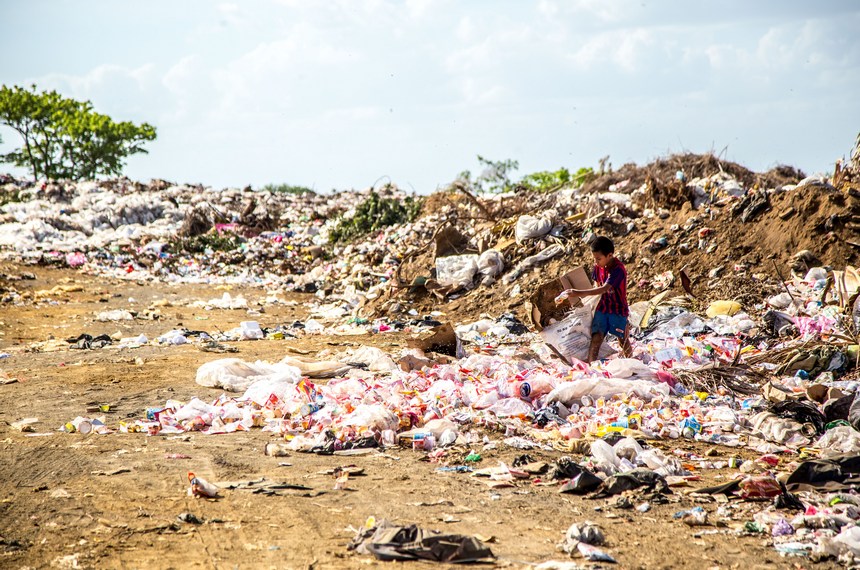
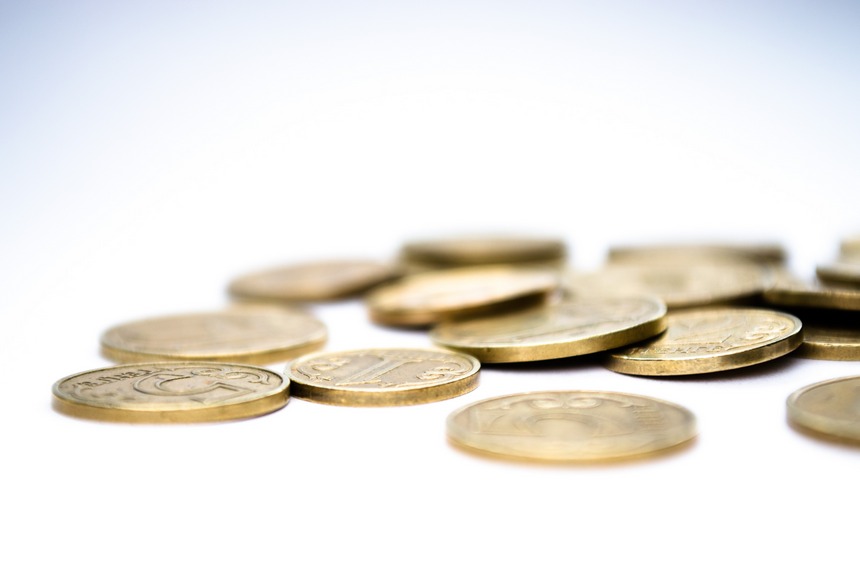

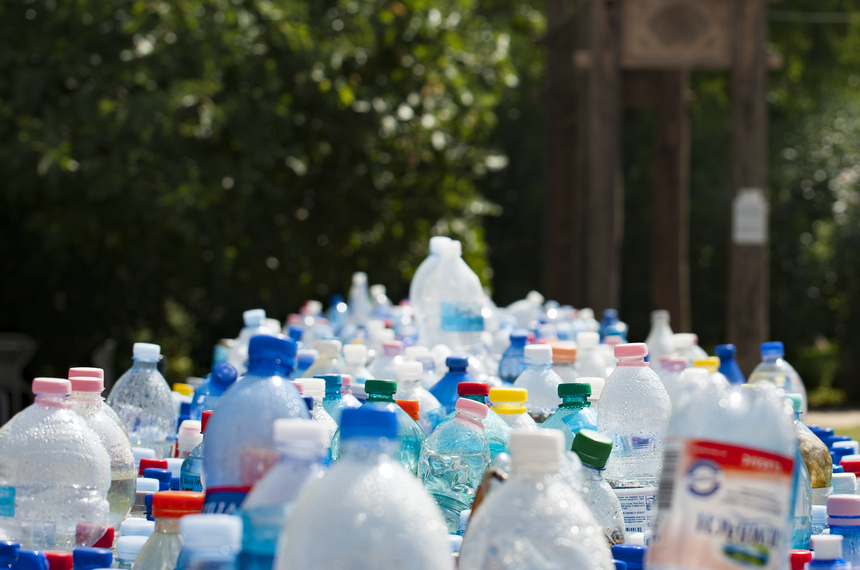

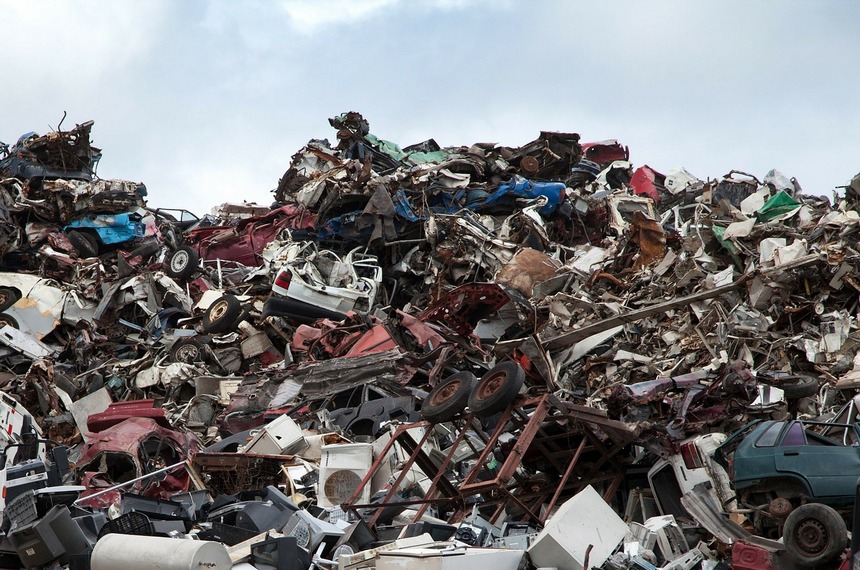




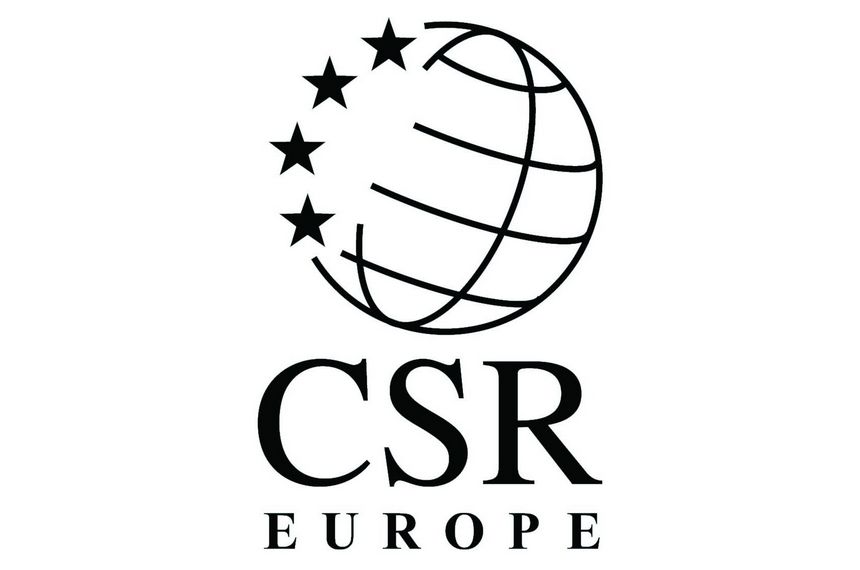







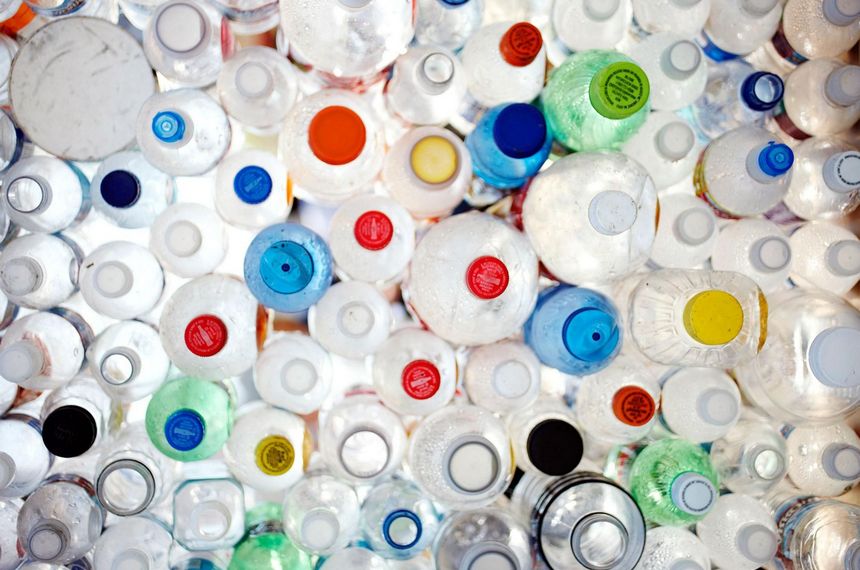

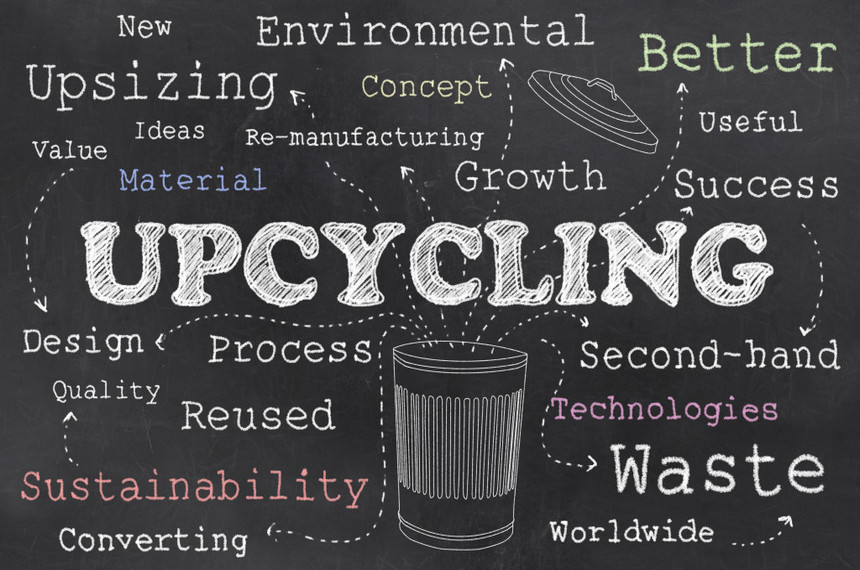
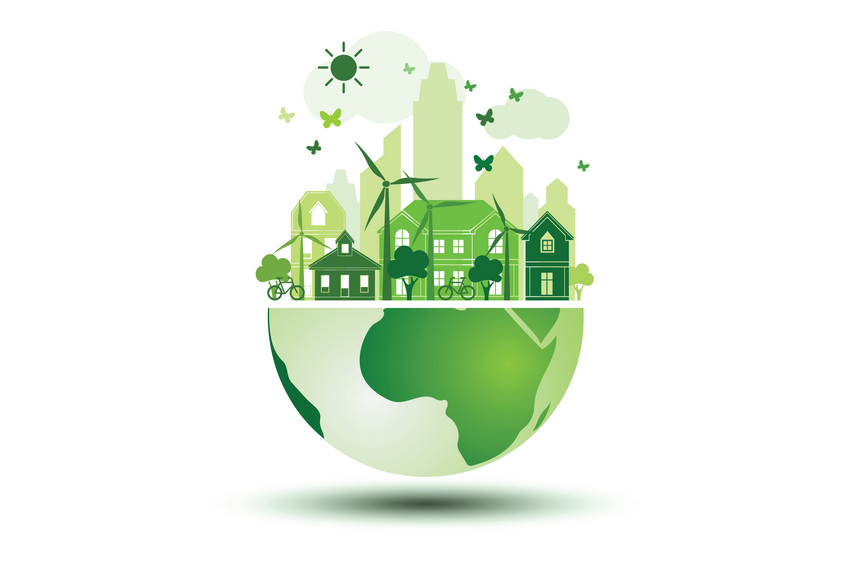
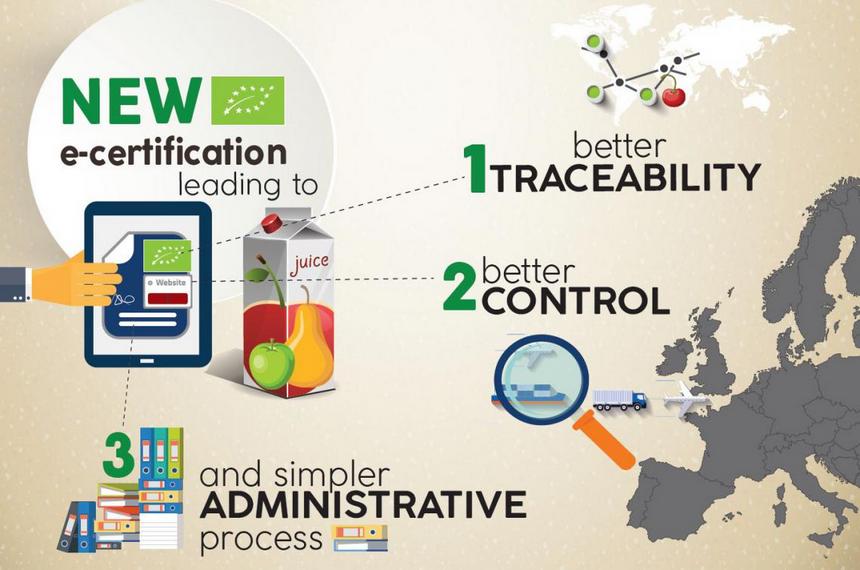

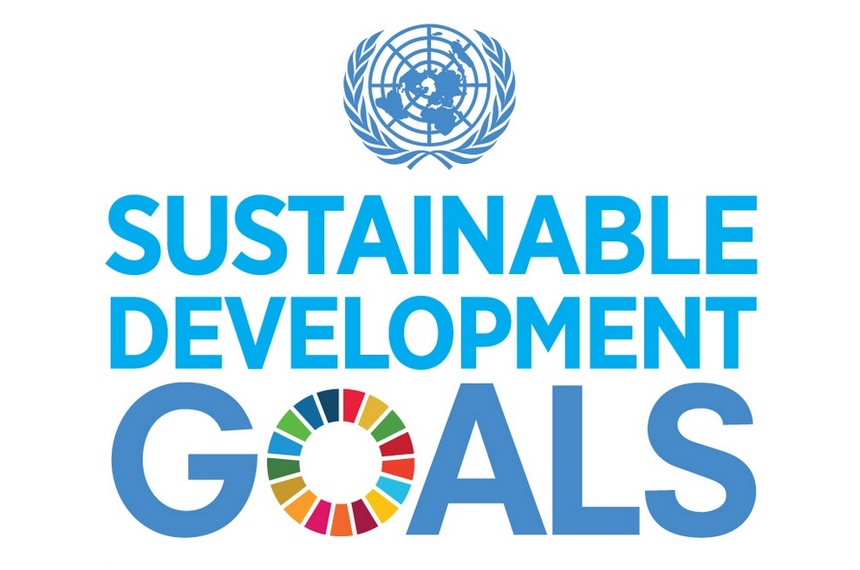




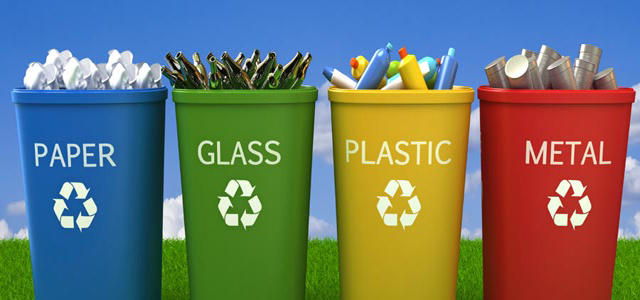
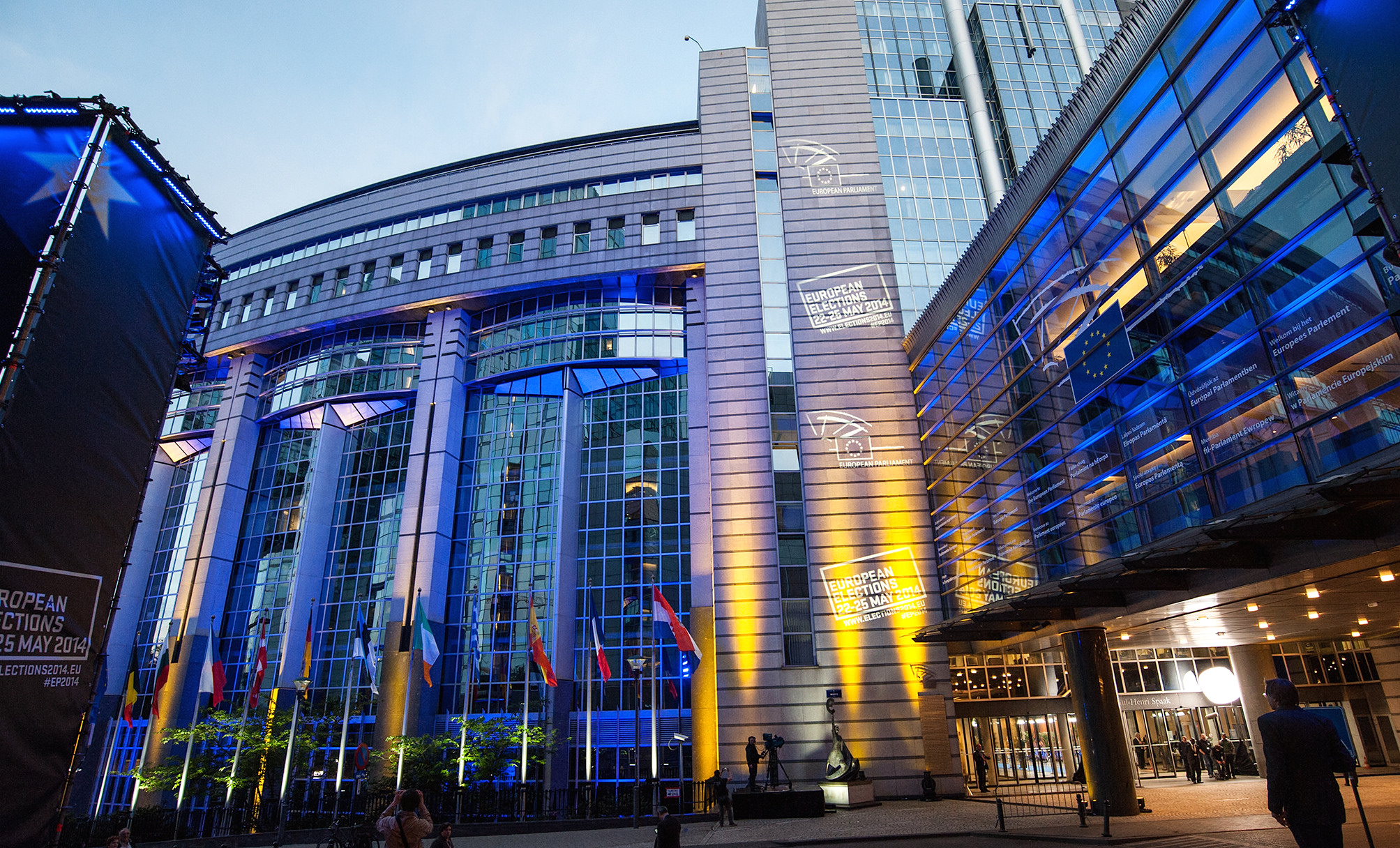






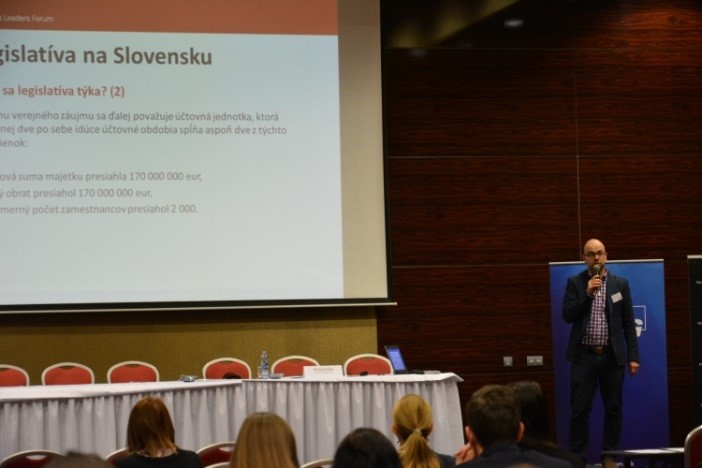

Follow us on